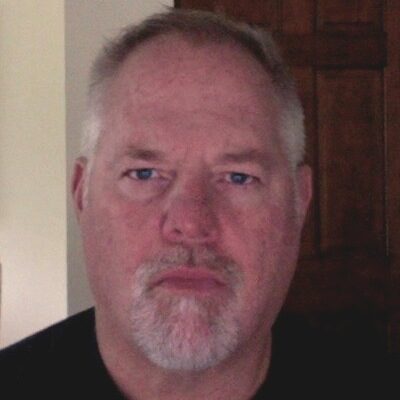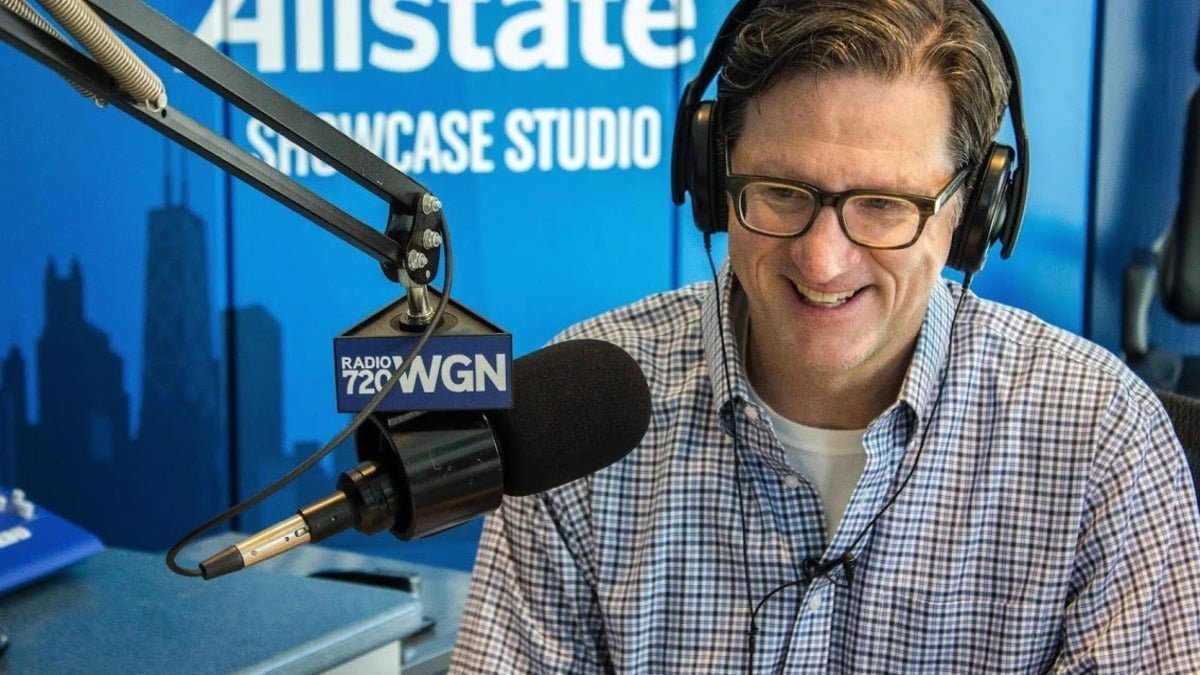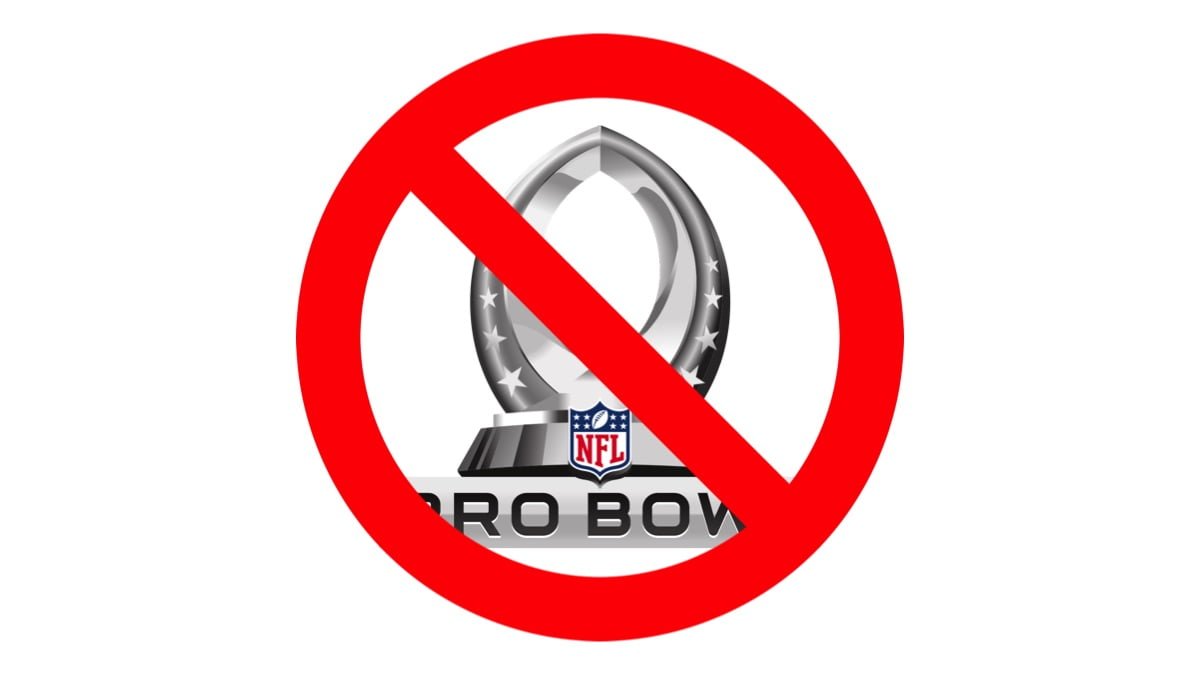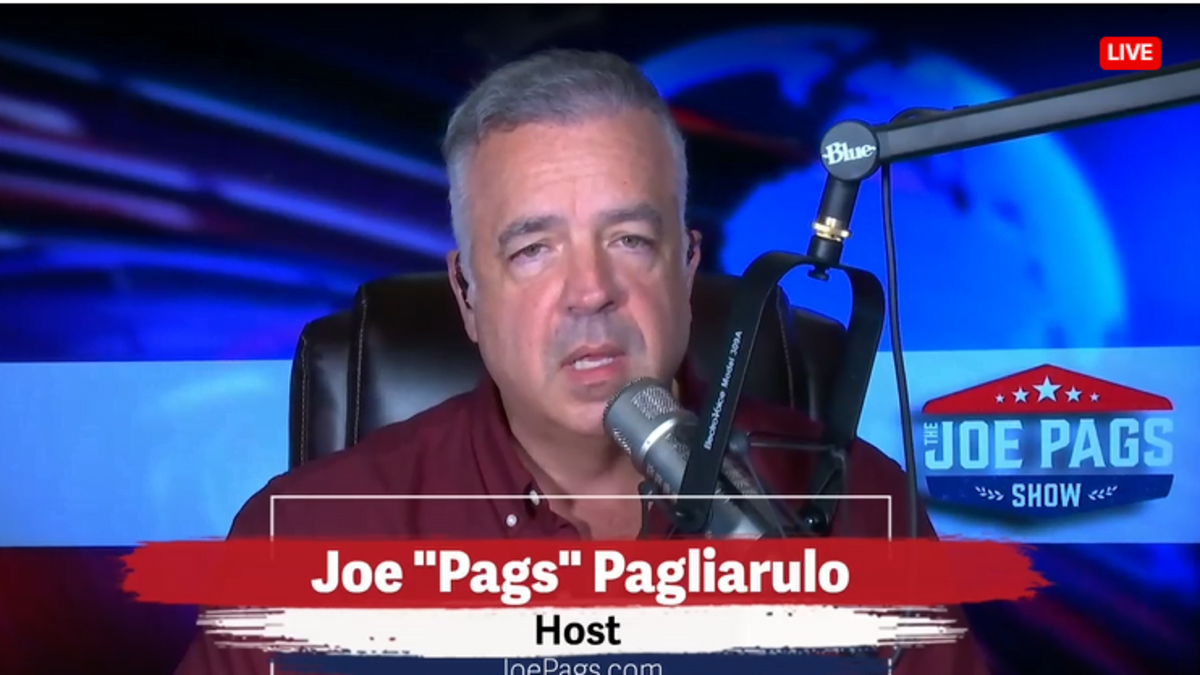WGN broadcaster John Williams knows two things for sure; Coffee’s for closers, and someone out there has eaten the entire left side of a menu at a restaurant.
“There are movies that enable male bonding,” Williams said. “In Glengarry Glen Ross, it’s bonding in terror. In Diner, the bond is about growing up with friendships.” (You can correlate each of the opening intentions with the movies above.)
Williams said he believes these types of bonding opportunities make us better as human beings. “My dad was in the Air Force, and we predictably moved around quite a bit,” he said. “I always envied my friends who had a steady upbringing, who were able to feel the consistent ground under their feet. They’d known each other for years, shared inside jokes together.”
A 10-year-old John Williams found himself in fourth grade in Honolulu. “Once again, I was an outsider. We lived in Taiwan before that. Most of the kids were Japanese or Hawaiian, and I was one of the ‘haole,’ or white kids. I never had to spell the word, I just was the word.”
Williams was in second grade at the public school in Ewa Beach as one of two white kids in his class. “The racial difference wasn’t a factor but the fact that I was an outsider was.” He transferred to a Catholic School and, over the next three years, made friends and gained some confidence. Like most any of us, he just wanted to be accepted.
“I was a mild, meek kind of kid who never really got his bearing. I read a lot and was always curious enough. I asked the right questions. I’ve always been interested in everything. I wasn’t a recreational reader then.”
When he was young, Williams said comedians helped shape his thought processes. “I grew up with comics and their albums. We memorized the bits from George Carlin; later, it was Richard Pryor, Steve Martin. They were insane. Before his reprehensible behavior was realized, Bill Cosby influenced a lot of comics.” Cosby taught a lot of us how to tell a story.”
Throughout his childhood, Williams said he always thought he’d be a writer. “Becoming a broadcaster was so presumptuous to me. When you wrote, you didn’t have a microphone in your face at a radio station. Who was I to think I could pull that off.”
He kept busy writing short stories, poems, always typing away at something. “One year, I got a typewriter for my birthday. A Corona. I even had the click-out eraser cartridge, the whiteout. I still have a lot of that stuff around. But I always could find a sheet of paper, right?”
Hhmmm…a nerd and a hoarder.
He attended Joliet junior college and earned what he said was an ‘associates degree in nothing,’ leaving him unqualified to do anything. In defense of junior colleges, Williams also said he felt an associates degree can, in fact get you ready to do anything well. “It was excellent,” he said. “It primed me to talk about anything.”
“After that, I went to Southern University of Illinois in Carbondale. They had a good broadcasting school. I tried getting into Northwestern, but that didn’t happen. I transferred to SIU as a junior. I couldn’t partake in any real broadcasting classes until my senior year. Couldn’t get in front of a microphone until then.”
His ambition was to be able to get into broadcasting in any form, at any level. “During my senior year, I was so nervous. I couldn’t hold a piece of paper without shaking,” Williams said. “I’d have to put the paper down on the counter in front of the microphone so it wouldn’t shake, and I could read the copy.”
Sending out tapes every six months was a part-time job for Williams and anyone else who wanted to venture out to a larger market. “This was in the late 80s,” Williams said. “I’d enjoyed a good career at WMBD in Peoria from 1982-1992 but looked for more. I was doing well in the mornings.”
Demo tapes went to cities like Cincinnati, Des Moines, Minneapolis, and all the mid-major markets. All the ads read, No Phone Calls. In attempts to get around this roadblock, Williams felt he was kind of slick.
“I’d call and say, “Hey, I’m not calling about my tape; I just wanted to see if you got it.” You never knew how that would play out. More tapes went to Orlando and Miami, Florida.
“I called and did my ‘follow-up’ and was put through to the program director at WIOD in Miami. I couldn’t believe it. I got through. The voice on the other end asked, ‘Are you John?’ He knew my name! I answered a feeble ‘yes.’ ‘John,’ the program director continued, ‘Apparently you can’t read because the ad said, NO CALLS!’”
After swallowing a trough of pride, a big break was getting from Peoria, which was 188th in the market at the time, to Minneapolis, which was 15th. The salvation manifested in the form of WCCO. He worked there from 1993-1997. “To go from 188-15 was a leap in every sense of the word,” Williams said.
Then, a really big break. After the usual barrage of outbound tapes, he got a call from WGN and was told he was on their short-list. He couldn’t believe it. “To go from 15th market to number three was beyond my imagination. The place where Wally Phillips, Bob Collins worked was like hallowed ground.”
Williams arrived at WGN Radio in September 1997 as a midday host.
Planning out a show can be like walking a tightrope. “I don’t see the upside of talking too much about push-button and red meat topics. WGN is not a silo-broadcasting company. Other stations take a narrow approach and then preach to that choir. They are safe in that silo. But we’re a big tent station. We want to accommodate as many people as we can. You can get your tough talk politics elsewhere. There’s no point in running listeners off when they disagree with you. And frankly, those who would agree with you are exhausted with politics right now, so we don’t really need to go there. At least not much.”
How does Williams approach his day? He said he gets up in the morning, does his ‘clicking’ for news. “I go to NewsNation, Fox News, The New York Times. I buckle down. If I don’t, my show suffers.” He has a whiteboard in his office, and he breaks it all down, breaks it into half hours.
“I go for a mix on my show,” Williams said. “I don’t do all interviews. I don’t want to do all open lines. I better have some breathing area, a chance to get the lay of the land.” Williams says it’s all about relatability, not an overdose of what Putin’s strategies might be.
“I had a great interview recently. I spoke with Kyle Buchanan, who wrote Blood, Sweat & Chrome, The Wild and True Story of Mad Max: Fury Road. We talked about director George Miller and other things.”
After 41 years in the business, Williams feels he’s hit his stride. “I was miscast a couple of times,” he said. “There were times I didn’t feel I was doing well. I don’t worry about my longevity too much now, but you do think about it. My motto was and is to stay in the game. Be versatile. You say you need someone to cover Chinese hockey? Where do I go to learn Mandarin?”

Jim Cryns writes features for Barrett News Media. He has spent time in radio as a reporter for WTMJ, and has served as an author and former writer for the Milwaukee Brewers. To touch base or pick up a copy of his new book: Talk To Me – Profiles on News Talkers and Media Leaders From Top 50 Markets, log on to Amazon or shoot Jim an email at jimcryns3_zhd@indeedemail.com.







